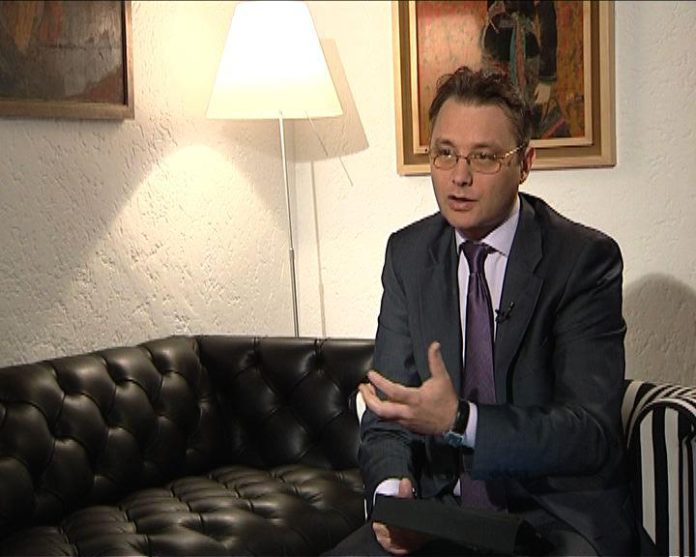Romania’s accession to the Organisation for Economic Co-operation and Development (OECD) must be seen as a process of achieving priority changes in the administration in our country and not as an end in itself, stated the State Secretary in the Ministry of Foreign Affairs for the process of accession to OECD, Luca Niculescu, according to Agerpres.
He participated, on Tuesday, at the Victoria Palace, in a debate about the innovation capacity of the administration, an event organized on the sidelines of the OECD work mission in Romania, with the object of the official launch of the „Innovation Capacity Assessment Report”, the result of of the actions carried out during this year, within Component 5 „Public sector innovation”.
„Accession to the OECD involves a broad and long-term administrative effort. It is probably one of the most important tests of the administration, considering the fact that Romania will be evaluated in 26 areas and will have to internalize more than 230 legal instruments at the level of our legislation, policies and practices. It is a process in which we have to deepen the cooperation between the various institutions with the allocation of competences and with the most complete approach to current problems,” declared Luca Niculescu.
He added that the process of joining the OECD is one of transformation, which will be applied in the long term and after Romania becomes a member of the organization.
He also pointed out the importance of the trust given to the administration by the citizens, as a component of internal resilience.
For his part, the Secretary General of the Government, Marian Neacsu, reiterated the fact that joining the OECD represents a major objective of Romania, stressing that the Executive must ensure the necessary support in this process to achieve the proposed goals related to „open governance, sustainable development, digitization, public integrity, public sector innovation and coordination at the center of the Government.”
He pointed out that the purpose of the event is to increase the degree of awareness regarding the need to strengthen the coordination capacity at the center of the Government through a „coherent and structured” approach to the public agenda of government reforms.
During the event, the deputy director of the Directorate for Public Governance of the OECD, Janos Bertok, referred to the results of the „Innovation Capacity Assessment Report”, but also of a survey according to which four out of ten citizens do not trust the executive.
Janos Bertok highlighted that during the pandemic, in the field of education, Romania used innovation and noted, at the same time, the steps taken for digitalization. He mentioned that the OECD will support the implementation of the necessary reforms, so that public institutions are more responsive.
Agerpres


